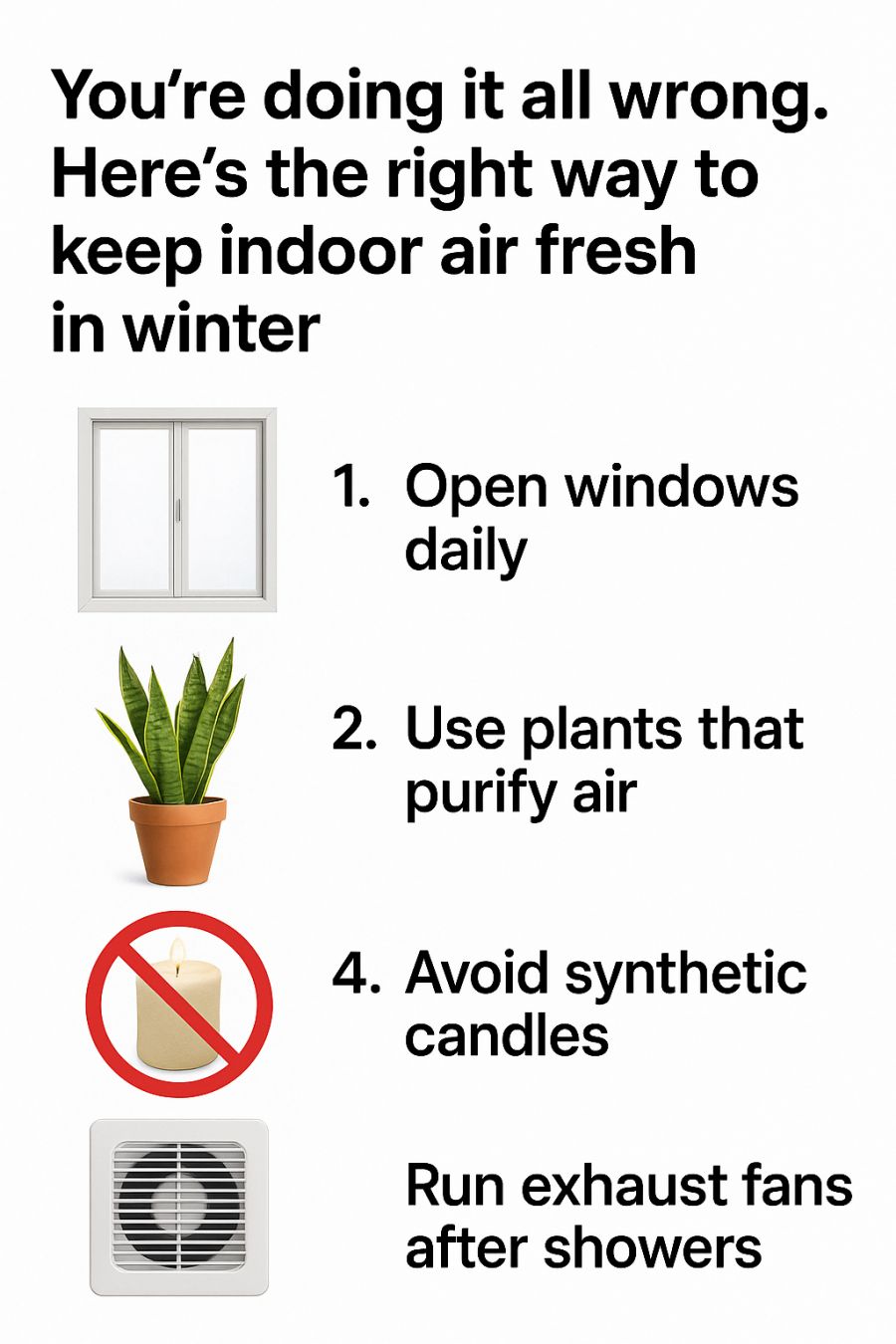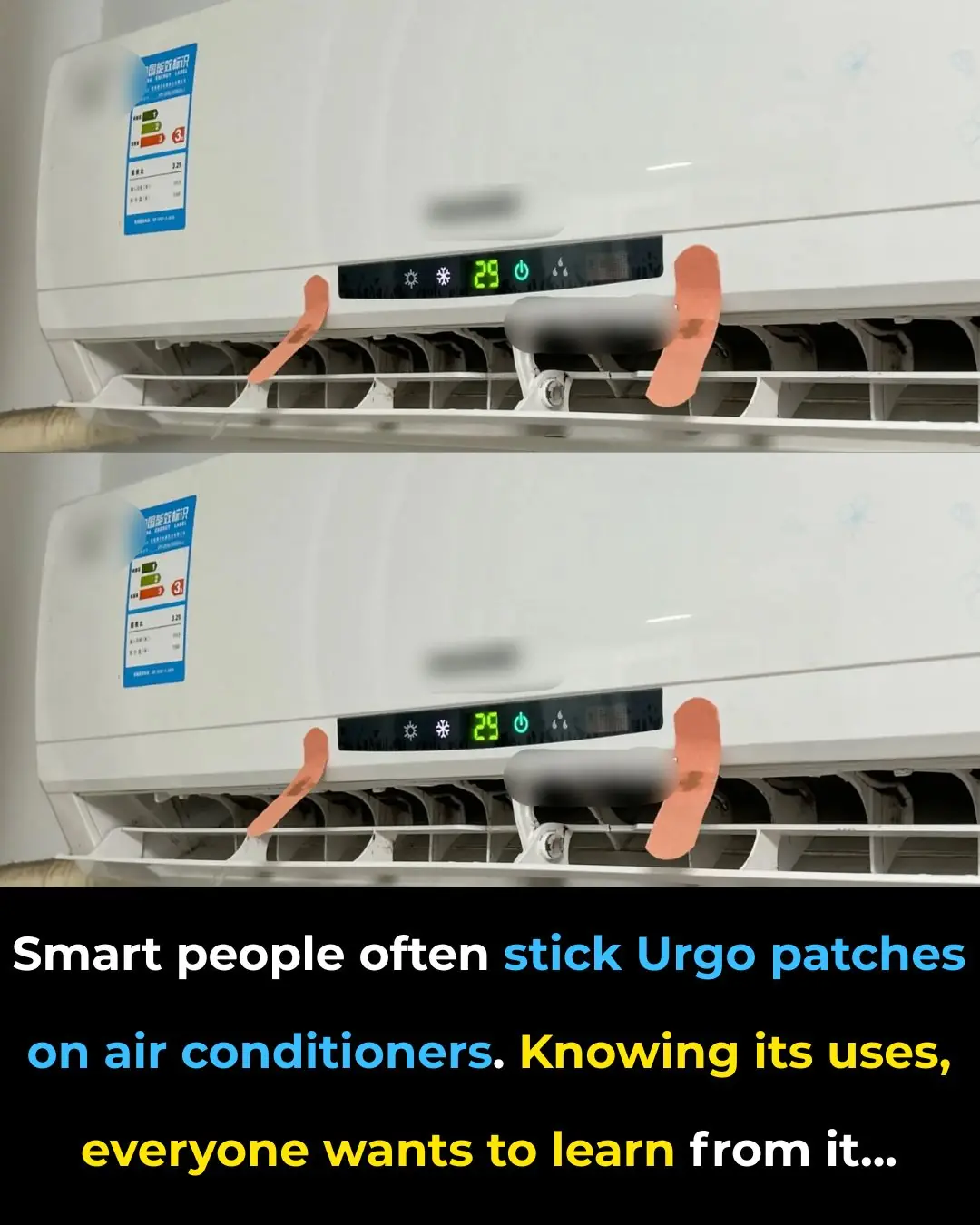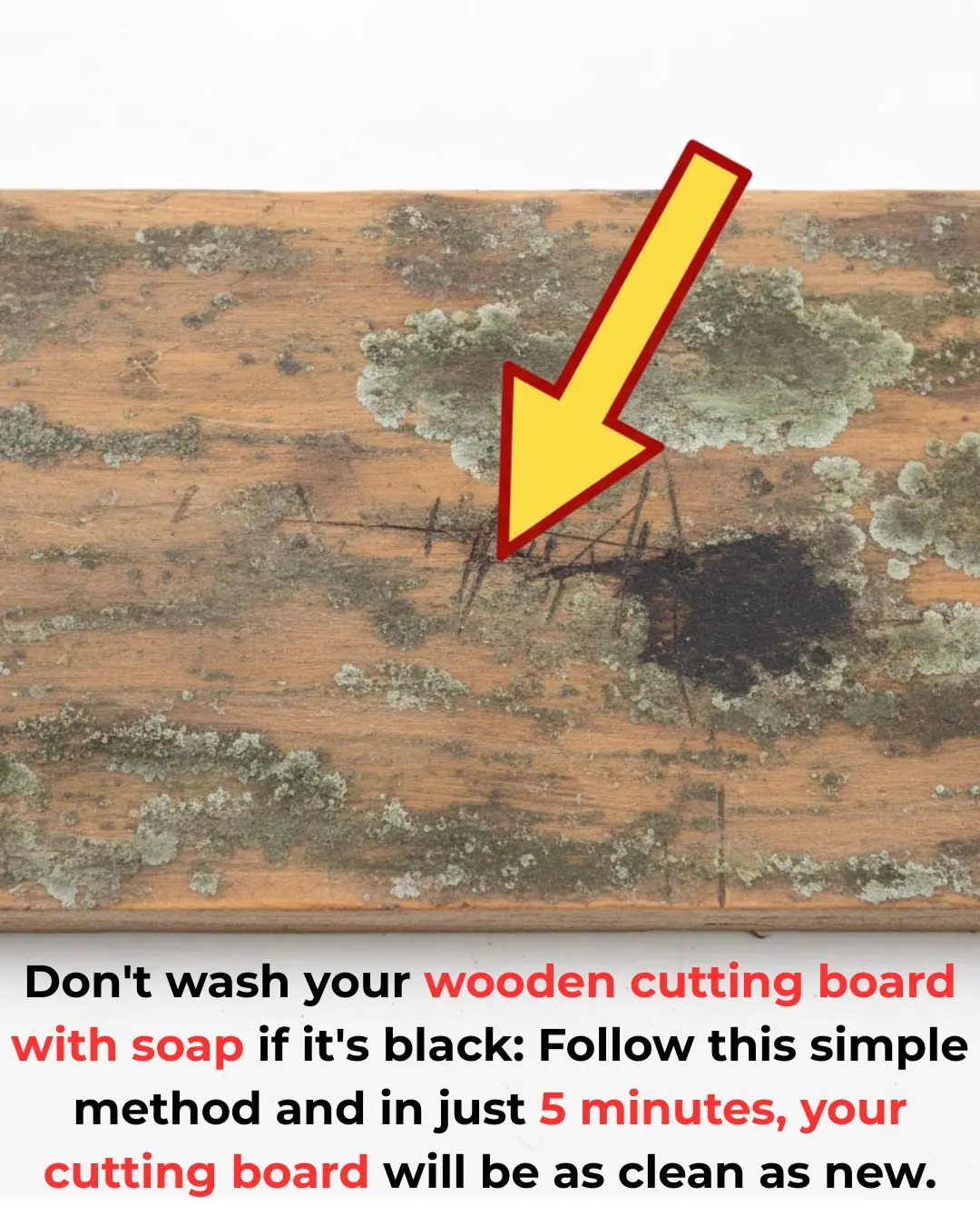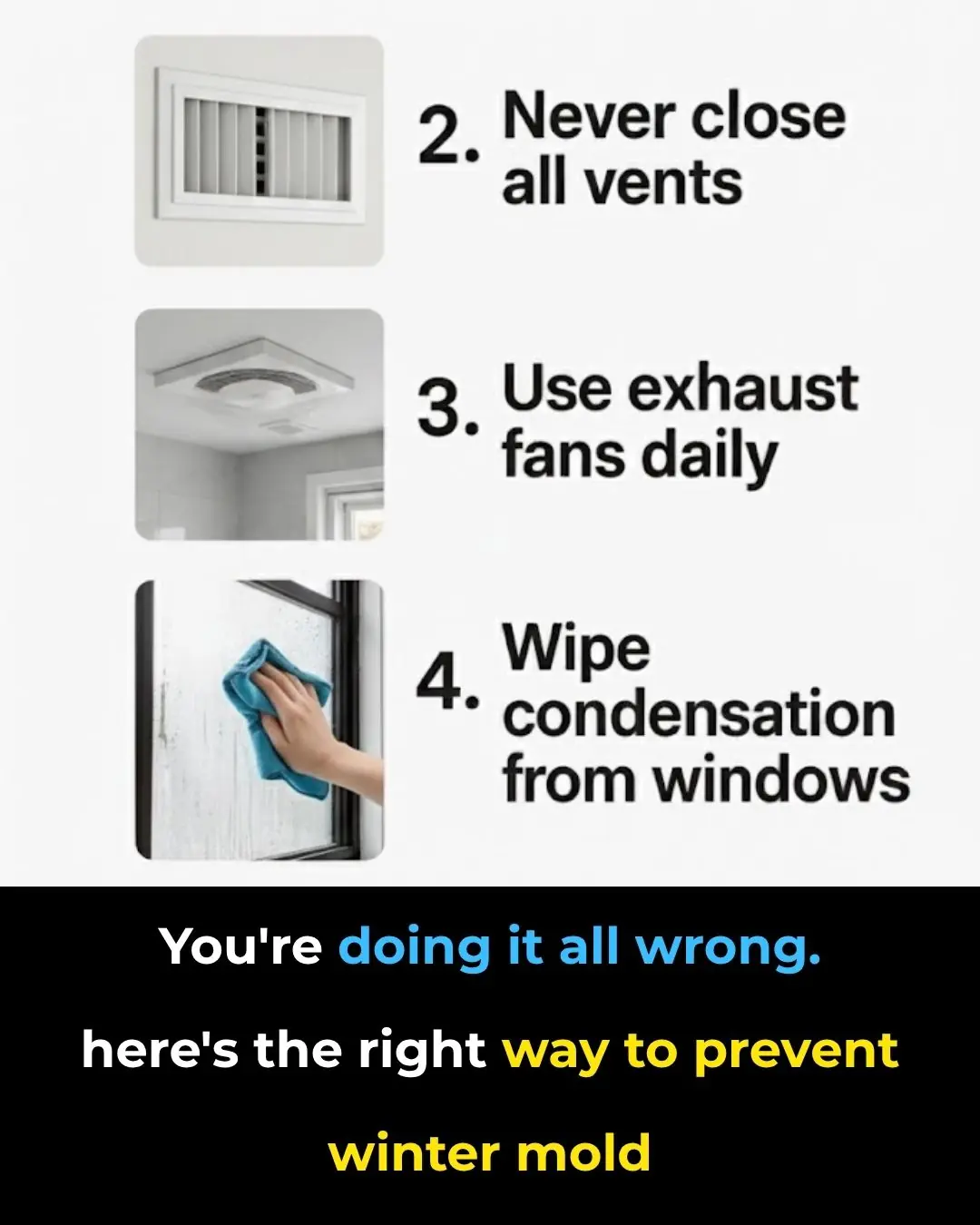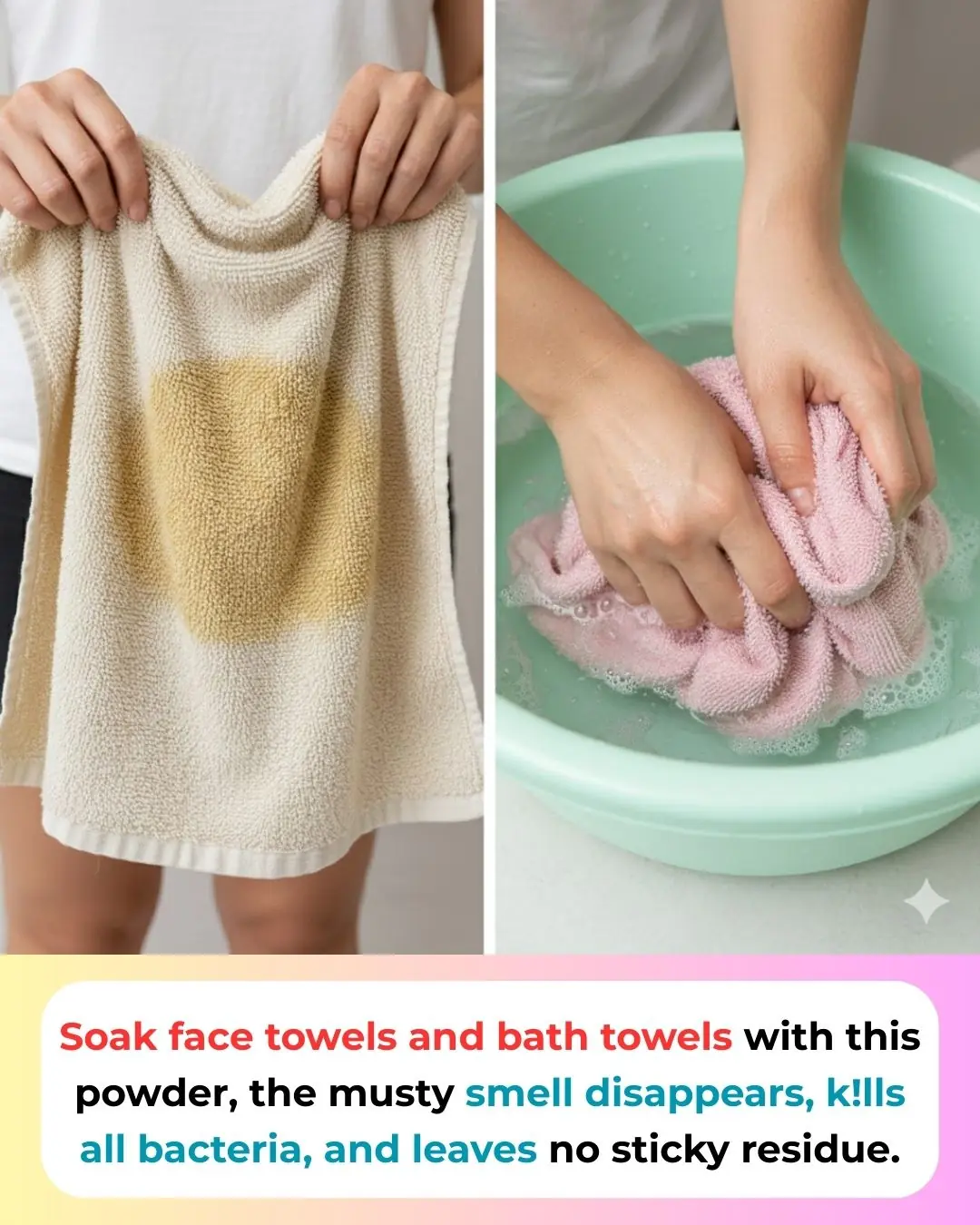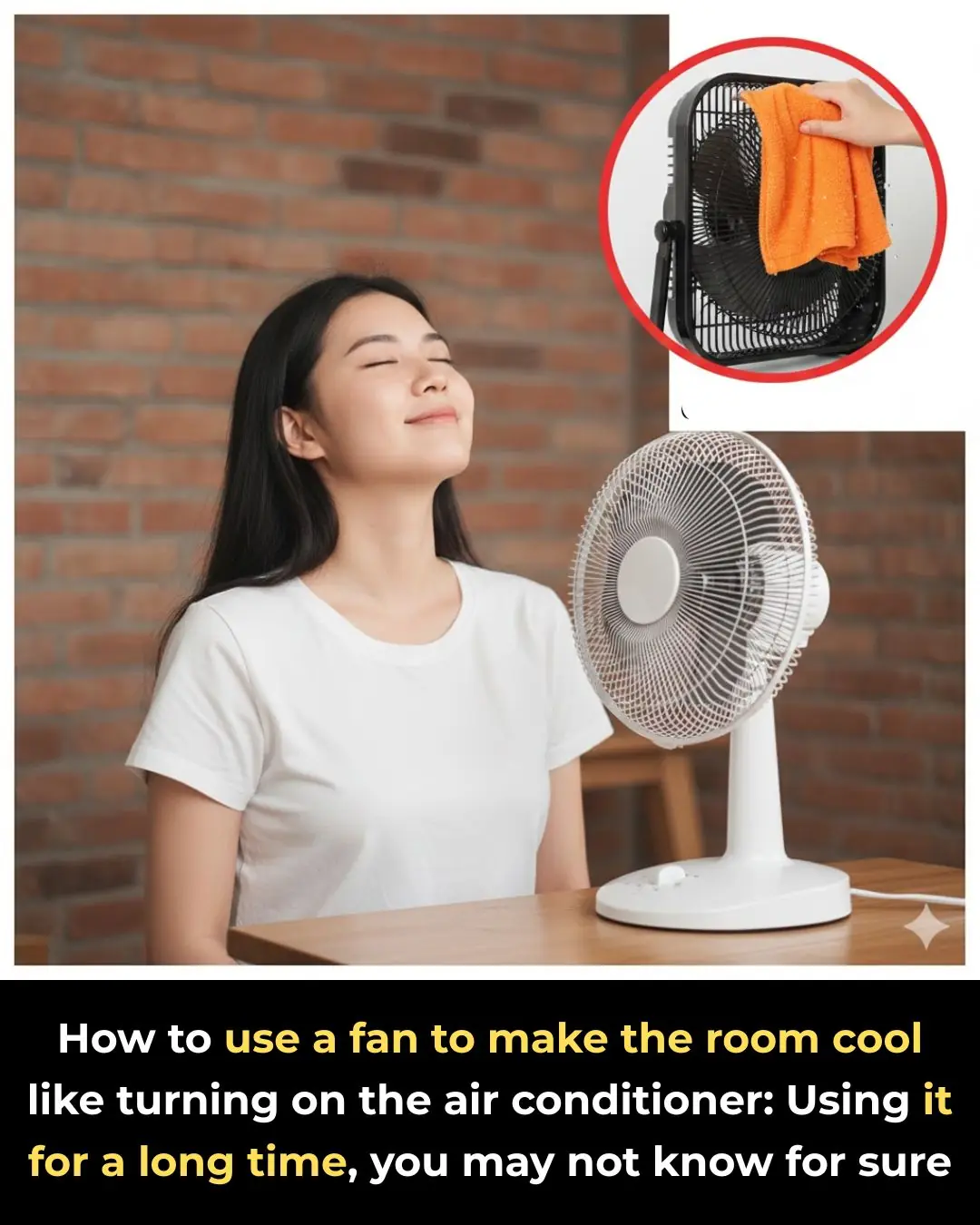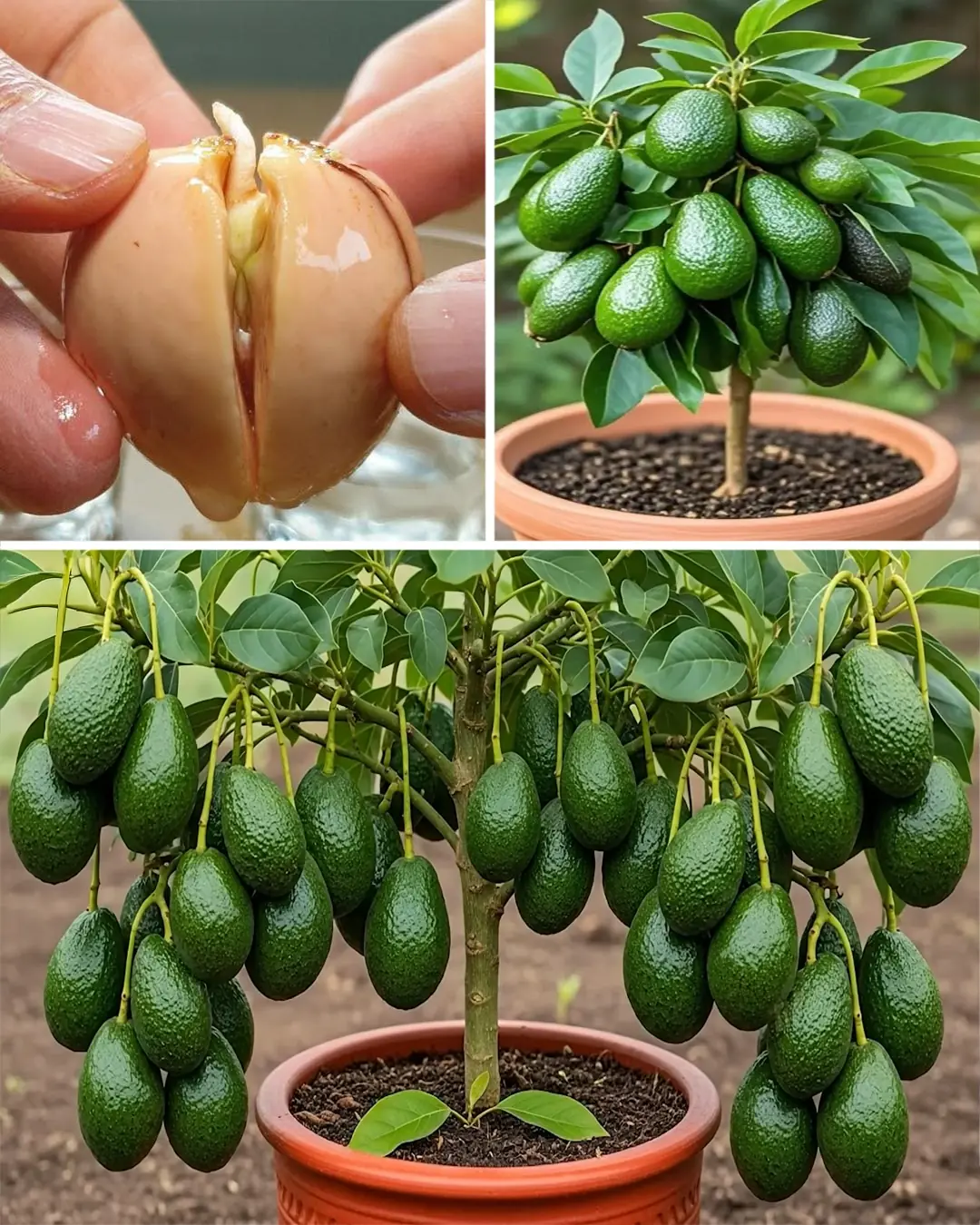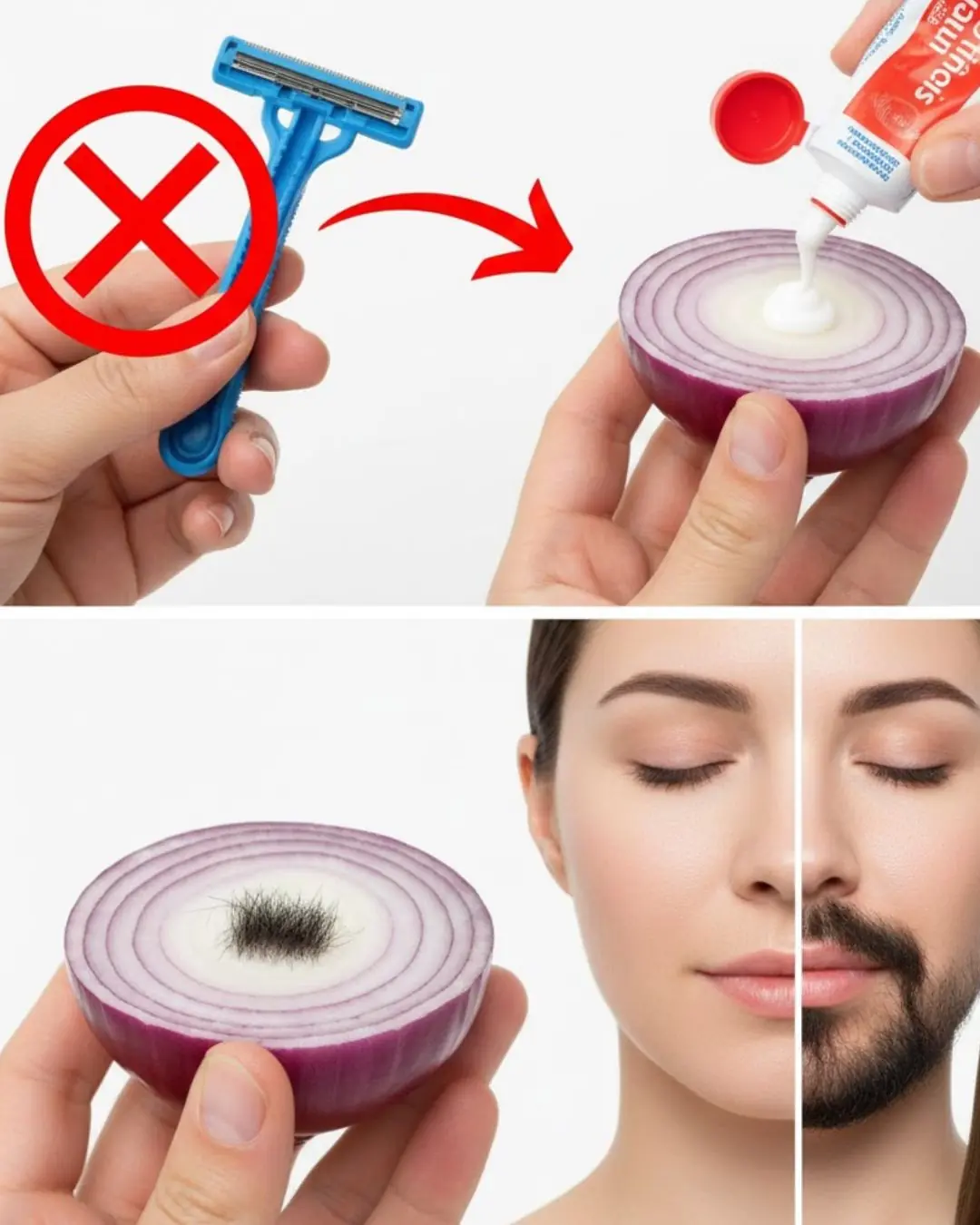As winter sets in and the temperature drops, we tend to cocoon ourselves indoors, seeking warmth and comfort. However, when we shut ourselves inside, we also seal in a host of pollutants and stale air. This can lead to a buildup of indoor air pollution, which can cause health issues such as allergies, asthma, and other respiratory problems.
Many people rely on conventional methods to freshen indoor air, such as using synthetic air fresheners or scented candles. Unfortunately, these can often exacerbate the problem by adding more pollutants to the air. Instead, it's important to adopt strategies that genuinely improve air quality without introducing harmful chemicals. Here are some effective methods to keep your indoor air fresh during the colder months.
Advertisement
1. Crack Windows for 10 Minutes Daily
Even in the chill of winter, it's crucial to allow fresh air to circulate within your home. By cracking your windows open for just 10 minutes each day, you can significantly improve indoor air quality. This brief period is enough to replace stale air with fresh air without causing a significant drop in indoor temperature.
To maximize effectiveness, choose a time when the outdoor air is relatively dry and less polluted. If possible, open windows on opposite sides of your home to create a cross-ventilation effect, allowing for more efficient air exchange. This simple practice helps reduce the concentration of indoor pollutants and brings in oxygen-rich air.
2. Invest in Air-Purifying Plants
Plants are not only aesthetically pleasing but also serve as natural air purifiers. Certain indoor plants are particularly effective at removing toxins from the air. For instance, the NASA Clean Air Study found that plants like the spider plant, snake plant, and peace lily can remove common indoor pollutants such as formaldehyde, benzene, and trichloroethylene.
To optimize air purification, consider placing one medium-sized plant for every 100 square feet of space. Ensure that plants are well-maintained and free from dust, as this can impede their ability to filter air. Remember that while plants can contribute to better air quality, they should be part of a broader air purification strategy.
3. Avoid Synthetic Candles
Synthetic candles, particularly those made from paraffin wax, can release harmful chemicals like benzene and toluene into the air as they burn. These compounds can contribute to indoor air pollution and pose health risks. Instead, opt for candles made from natural ingredients such as soy, beeswax, or coconut wax, which produce less soot and fewer toxins.
Additionally, consider using candles that are scented with natural essential oils rather than artificial fragrances. This can further reduce the release of harmful chemicals. Remember to burn candles in well-ventilated areas to minimize any potential impact on indoor air quality.
4. Run Exhaust Fans After Showers
Bathrooms are a common source of excess humidity and volatile organic compounds (VOCs) from personal care products. Running an exhaust fan after showers helps to quickly remove moisture and prevent mold growth, which can degrade air quality.
Ensure that your exhaust fan is properly vented to the outside and is functioning efficiently. Let it run for at least 15 minutes after a shower to adequately clear the air. Regular maintenance, such as cleaning the fan and vents, will also enhance its effectiveness.
5. Use a HEPA Air Purifier
High-Efficiency Particulate Air (HEPA) purifiers are designed to capture small particles, including dust, pollen, pet dander, and smoke, that are otherwise difficult to filter. These devices can be particularly beneficial during winter when outdoor air exchange is limited.
Select a HEPA purifier that is appropriately sized for the room you want to purify. As a general guideline, a purifier should be able to clean the air in a room at least two times per hour. Regularly replace filters as recommended by the manufacturer to maintain optimal performance.
6. Maintain Humidity Levels
The ideal indoor humidity level is between 30% and 50%. During winter, indoor air can become extremely dry, leading to discomfort and increased susceptibility to colds and respiratory infections. Conversely, excessive humidity can promote mold growth and dust mites.
Use a hygrometer to monitor indoor humidity levels, and employ humidifiers or dehumidifiers as needed to maintain balance. Regularly clean humidifiers to prevent the growth of bacteria and mold, which can be dispersed into the air.
7. Regularly Clean and Dust Your Home
Dust accumulation can harbor allergens, dust mites, and other pollutants. Regular cleaning can greatly enhance indoor air quality. Use a vacuum cleaner equipped with a HEPA filter to effectively capture small particles.
Dust surfaces with a damp cloth to prevent particles from becoming airborne. Pay special attention to commonly overlooked areas such as window sills, baseboards, and ceiling fans. Consistent cleaning routines are key to reducing indoor pollutants.
8. Choose Natural Cleaning Products
Many conventional cleaning products contain harsh chemicals that can emit volatile organic compounds (VOCs), contributing to indoor air pollution. Opt for natural cleaning products that are free from synthetic fragrances and harmful chemicals.
Look for products labeled as non-toxic, biodegradable, and environmentally friendly. Alternatively, consider making your own cleaning solutions using ingredients like vinegar, baking soda, and lemon juice, which are effective and safe for indoor air quality.
9. Monitor Carbon Monoxide Levels
Carbon monoxide (CO) is a colorless, odorless gas that can be deadly at high levels. It's crucial to have functioning CO detectors in your home, especially near sleeping areas and in rooms with fuel-burning appliances.
Test detectors monthly and replace their batteries every six months to ensure they are operational. If a detector alerts you to high CO levels, evacuate immediately and call emergency services. Regular maintenance of appliances like furnaces, water heaters, and stoves can also help prevent CO buildup.
10. Keep HVAC Systems Maintained
Your HVAC system plays a vital role in circulating air throughout your home. Regular maintenance ensures it operates efficiently and does not contribute to indoor air pollution.
Change air filters every 1-3 months, depending on usage and filter type. Schedule annual inspections to check for leaks, blockages, and other issues that could affect air quality. Clean ducts periodically to remove dust, mold, and other contaminants.
11. Utilize Essential Oil Diffusers Wisely
Essential oil diffusers can add a pleasant aroma to your home without the use of synthetic fragrances. However, it's important to use them wisely to avoid overwhelming indoor air with strong scents.
